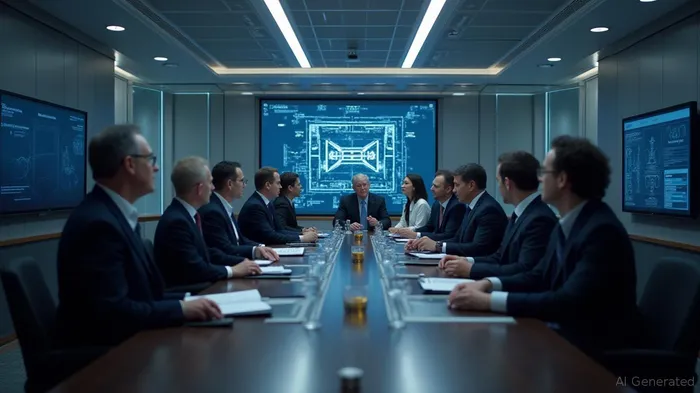OpenAI Secures $200 Million Pentagon Contract for AI National Security Pilot
OpenAI has secured a $200 million contract with the US Department of Defense for a pilot program focused on artificial intelligence. The initiative aims to explore how AI can enhance national security and streamline administrative tasks across military and civilian government operations. Disclosed by the Pentagon on Monday, the one-year contract marks a significant step in OpenAI’s expanding efforts to partner with the federal government. The project is the first under a newly formed division called OpenAI for Government, which consolidates the company’s public sector projects, including a secure version of ChatGPT—ChatGPT Gov—tailored for government employees.
In a blog post announcing the contract, OpenAI said the collaboration will focus on identifying ways AI can support tasks such as improving access to healthcare for military personnel and bolstering cybersecurity measures. The San Francisco-based company said that OpenAI for Government will be the home for their work with federal agencies. The company noted that this pilot with the Defense Department was a foundational part of that mission. The new office will also oversee continuing partnerships with federal agencies such as NASA, the National Institutes of Health (NIH), the Air Force Research LaboratoryLAB--, and the Treasury Department. The contract adds to a series of government-facing projects the tech firm is working on. The move follows its 2024 decision to build AI-powered anti-drone systems with defense contractor Anduril Industries.
OpenAI emphasized that it remains committed to developing AI technologies that “uphold democratic values.” To that end, the company has recently appointed a former senior Pentagon official to lead its national security policy efforts and added the former head of the National SecuritySNFCA-- Agency (NSA) to its board of directors. The $200 million deal also comes at a time of wider discussion in Washington over generative AI and its application in government. The technology holds out the promise of far greater efficiency and security but has led to questions over transparency, oversight, and civil liberties. The latest development further cements OpenAI’s position as central to the federal government’s AI strategy. As US agencies race to update their systems and keep a technological advantage over everywhere from China to Russia, partnerships with private sector innovators such as OpenAI are ever-critical.
For the tech firm, the Pentagon pilot represents both a financial milestone and a strategic leap into sensitive, high-stakes applications of its technology. “We see this as an opportunity to demonstrate the safe, responsible deployment of AI in the service of national interest,” the company said. The pilot program is set to begin immediately, with results from the one-year engagement expected to inform future deployments of AI across defense and civilian agencies. Just last week, about four members of the new nerd brigade, officially called Detachment 201, joined the Army Reserve at the rank of lieutenant colonel. This has come as the US military has lately been pushing for closer cooperation with Silicon Valley. With artificial intelligence becoming a key national security priority, the armed forces increasingly turn to tech leaders for their expertise. On Friday, the service swore in Meta’s chief technology officer (CTO), Andrew Bosworth; OpenAI’s chief product officer, Kevin Weil; Palantir’s CTO, Shyam Sankar; and Bob McGrew, an advisor at Thinking Machines Lab who was previously OpenAI’s chief research officer. The press release said these senior tech executives will serve part-time in the Army Reserve as senior advisors, working on targeted projects to help guide rapid and scalable tech solutions to complex problems.

Quickly understand the history and background of various well-known coins
Latest Articles
Stay ahead of the market.
Get curated U.S. market news, insights and key dates delivered to your inbox.



Comments
No comments yet